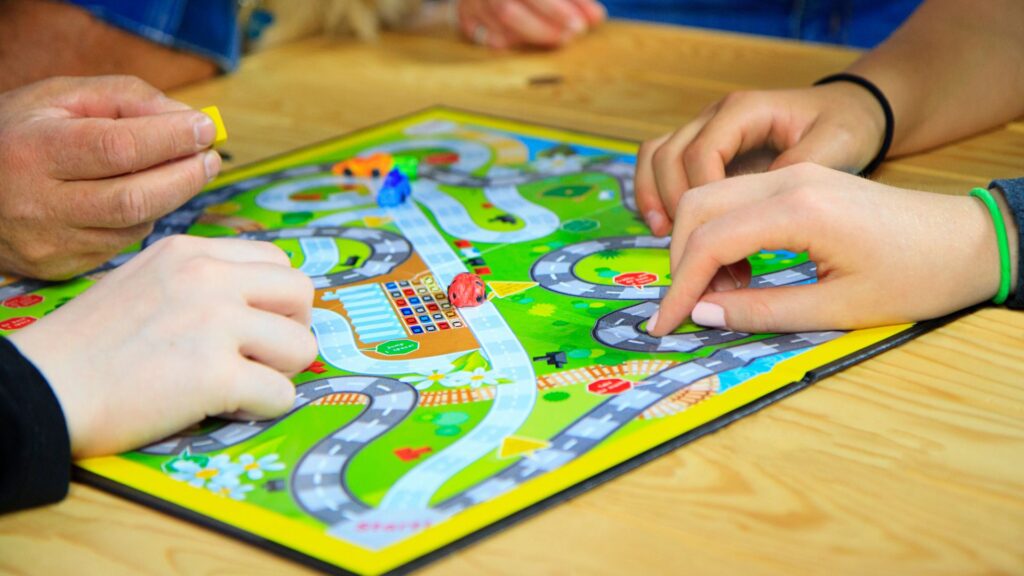A new study offers some explanations for why people with autism may love board games more than others, supporting anecdotal evidence that shows this is the case.
The research team behind the study from the University of Plymouth and Edge Hill University in the UK carried out five different analyses to look at the types of experiences that people with autism spectrum disorder (ASD) get from board games and how popular they are.
Published across two papers in the American Journal of Play and Journal of Autism and Developmental Disorders, the research has discovered that people with ASD are more likely to be board game fans. Out of the 1,603 players surveyed, 7% had autism, despite the fact that people with autism make up only 1% of the population overall.
The researchers found that these activities relieve social anxiety, which is more common in autistic individuals than in the general population after speaking with more individuals who have ASD. The proceedings follow a strict schedule and don’t require as much small talk.
Psychology from the University of Plymouth, Gary Antherton stated that, “We know that board games are a safe and valuable hobby to many people with autism.”
He continued by explaining that the research established why this is the case and emphasized the desire to use these findings for future work.
Codenames (a word-and-clue-giving team game), Dixit (a picture-based clue-giving game), and social deception games like One Night Ultimate Werewolf and Spyfall (where the goal is to try and hide your identity from the other players) were among the games played.
Based on interviews with avid board gamers who have been diagnosed with autism, the authors report that the rules and structure involved are “both stimulating and comforting” for players. According to the researchers, this is another proof of how autistic people immerse themselves in pursuits that provide them a sense of accomplishment and consistency.
“Board games may represent an area of both challenge and strength for autistic individuals,” as written by the authors in one published paper.
Furthermore, the researchers observed small groups of individuals with autism as they engaged in board games over the course of one session or years, and they found benefits in terms of the players’ increased independence and confidence as well as their ability to form social relationships which can be challenging for those with ASD.
“Everyone with autism is unique, and we want to ensure any interventions could be adapted as needed for those who might benefit,” as stated by Atherton.
In the future, the researchers hope to look more closely at the boost of well-being board games can provide for those with autism, which are predictable and structured, and help strengthen social bonds through well-defined frameworks.
Other POP! stories you might like:
Women are at risk of dying early if they don’t have enough sexytime, new study claims
The subtle impact of mukbang videos on viewers
Woman jailed for overfeeding dog to death, banned from owning pets
People are talking about Olympic pole vaulting like never before, thanks to Anthony Ammirati
Student nurse gets cancelled over controversial video that shows sensitive footage in hospital
